13 Mar
2016
EPLI
COVERAGE DESCRIPTION
EPLI is one of the fastest growing areas of concern for corporations today. Litigation by employees (present and past) for employment practices allegations has been on the rise and will most likely increase as the economy changes. Claims from third parties, such as customers and vendors, also pose an exposure to employers.
Employment Discrimination laws seek to prevent discrimination based on race, sex, religion, national origin, physical disability, and age by employers. There is also a growing body of law preventing or occasionally justifying employment discrimination based on sexual orientation. Discriminatory practices include bias in hiring, promotion, job assignment, termination, compensation, and various types of harassment. The main body of employment discrimination laws is composed of federal and state statutes. The United States Constitution and some state constitutions provide additional protection where the employer is a governmental body or the government has taken significant steps to foster the discriminatory practice of the employer.
Discrimination in the private sector is not directly constrained by the Constitution, but has become subject to a growing body of federal and state statutes.
The Equal Pay Act amended the Fair Labor Standards Act in 1963. The Equal Pay Act prohibits paying wages based on sex by employers and unions. It does not prohibit other discriminatory practices bias in hiring. It provides that where workers perform equal work in jobs requiring “equal skill, effort, and responsibility and performed under similar working conditions,” they should be provided equal pay. The Fair Labor Standards Act applies to employees engaged in some aspect of interstate commerce or all of an employer’s workers if the enterprise is engaged as a whole in a significant amount of interstate commerce. In 2011, more than 7,000 collective actions were files in federal courts alleging wage and hour violations under the FLSA, roughly a 400% increase since 2000.
Title VII of the Civil Rights Act of 1964 prohibits discrimination in many more aspects of the employment relationship. It applies to most employers engaged in interstate commerce with more than 15 employees, labor organizations, and employment agencies. The Act prohibits discrimination based on race, color, religion, sex or national origin. Sex includes pregnancy, childbirth or related medical conditions. It makes it illegal for employers to discriminate in hiring, discharging, compensation, or terms, conditions, and privileges of employment. Employment agencies may not discriminate when hiring or referring applicants. Labor Organizations are also prohibited from basing membership or union classifications on race, color, religion, sex, or national origin.
The Nineteenth Century Civil Rights Acts, amended in 1993, ensure all persons equal rights under the law and outline the damages available to complainants in actions brought under the Civil Rights Act of 1964, Title VII, the American with Disabilities Act of 1990, and the Rehabilitation Act of 1973.
The Age Discrimination in Employment Act (ADEA) prohibits employers from discriminating on the basis of age. The prohibited practices are nearly identical to those outlined in Title 7. An employee is protected from discrimination based on age if he or she is over 40. The ADEA contains explicit guidelines for benefit, pension and retirement plans.
The American with Disabilities Act (ADA) was enacted to eliminate discrimination against those with handicaps. It prohibits discrimination based on a physical or mental handicap by employers engaged in interstate commerce and state overnments. The type of discrimination prohibited is broader than that explicitly outlined by Title VII.
The Equal Opportunity Employment Commission (EEOC) interprets and enforces the Equal Payment Act, Age Discrimination in Employment Act, Title VII, Americans With Disabilities Act, and sections of the Rehabilitation Act. The Commission was established by Title VII. Its enforcement provisions are contained in section 2000e-5 of Title 42, and its regulations and guidelines are contained in Title 29 of the Code of Federal Regulations, part 1614. State statutes also provide extensive protection from employment discrimination. Some laws extend similar protection as provided by the federal acts to employers who are not covered by those statutes. Other statutes provide protection to groups not covered by the federal acts. A number of state statutes provide protection for individuals who are performing civil or family duties outside of their normal employment.
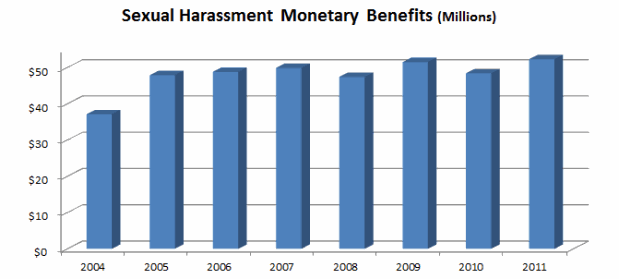
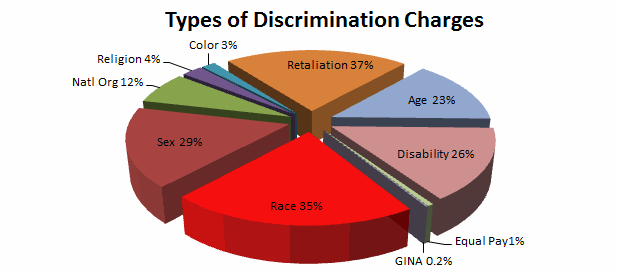
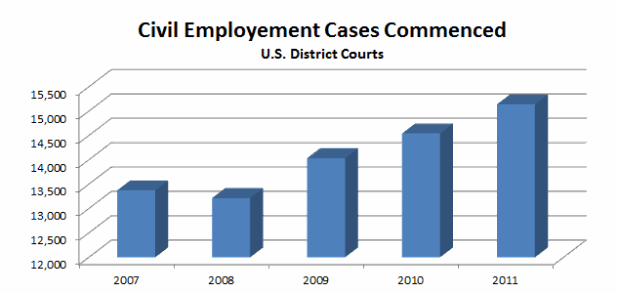
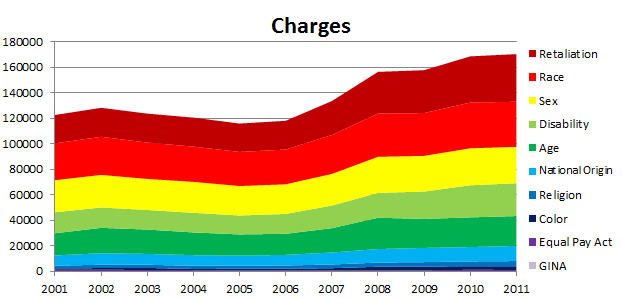
IMPORTANT FEATURES / POLICY ENHANCEMENTS
When considering EPLI, one must decide the approach. Each approach has its own advantages and disadvantages. The options include: 1) Stand alone ( monoline) policy, 2)Endorsement to the D&O policy, and 3) Combined D&O/EPLI policy known as Management Liability. We will be happy to discuss the advantages/ disadvantages of these different approaches. When considering EPLI coverage, some of the enhancements to consider are:
- Run-off coverage in the event of a merger
- Extended reporting periods
- 60-day automatic reporting window
- Optional reporting period of up to 3 years for qualifying accounts (supplemental reporting period)
- Bilateral election of extended reporting periods
- Worldwide coverage
- Coverage for claims brought by all past, present and future employees (or applicants)
- LOSS includes judgments, settlements, defense costs, front pay, back pay, and punitives (where insurable)
- Defense cost coverage for allegations of FMLA / Wage and Hour law violation.
DEFINITION OF CLAIM
- CLAIM includes civil, criminal, ADR and administrative proceedings (including EEOC hearings). No intentional acts exclusion
- 3rd party coverage
CLAIMS EXAMPLES
U.S. District Court EPL Case Statistics from Lexcom, Case Reporter, 1997/1998
| Type of Claim | Employee Wins | Average Award |
| Age Discrimination | 50% | $2,565,614 |
| Race Discrimination | 50% | $1,025,000 |
| Breach of Contract | 80% | $890,000 |
| Sexual Harassment | 60% | $316,000 |
| Sex Discrimination | 71% | $249,700 |
| Wrongful Discharge | 43% | $778,000 |
VERDICTS and SETTLEMENTS
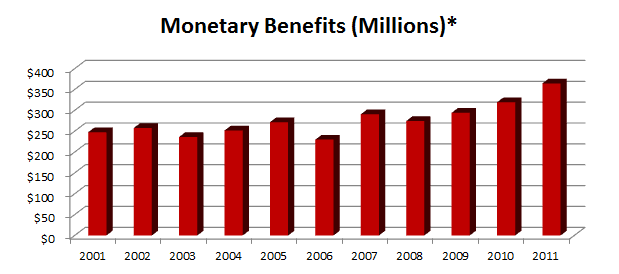
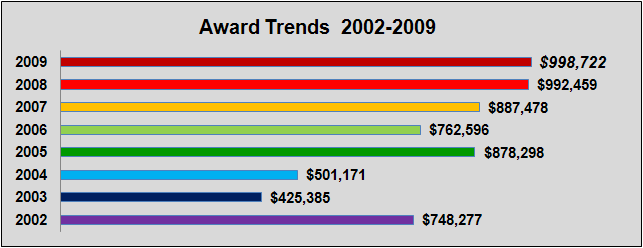
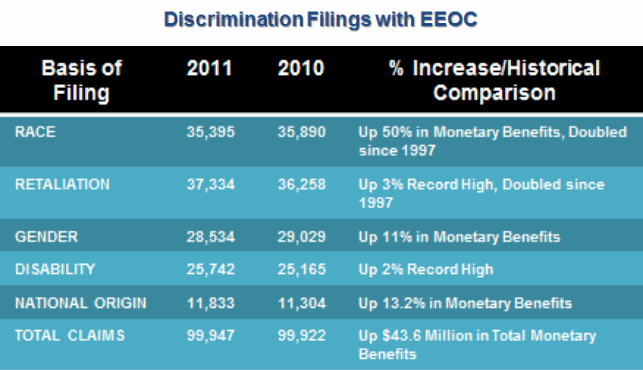
Application
Contact Us



